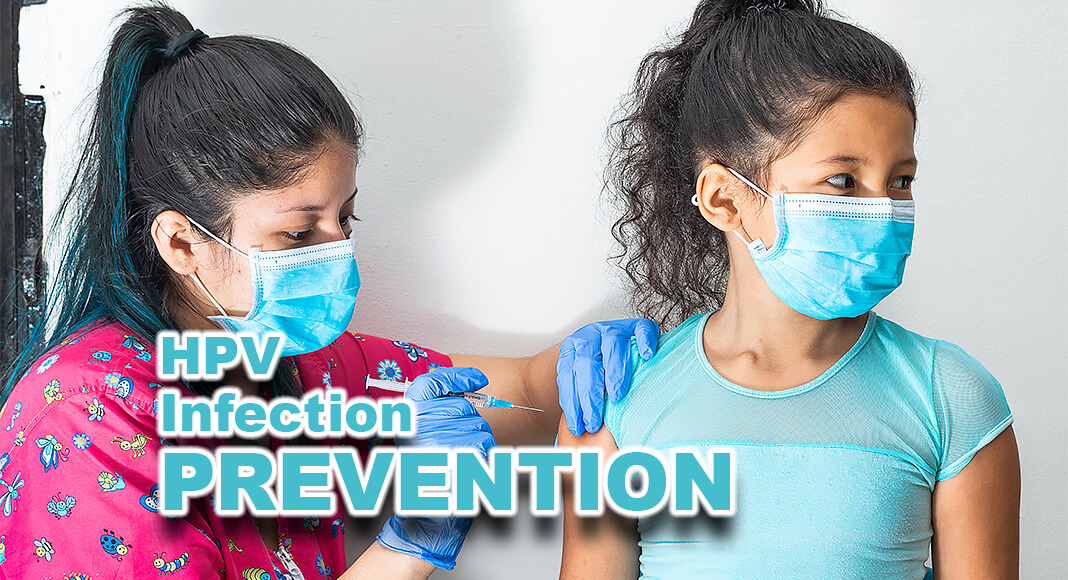
Mega Doctor News
HPV, or human papillomavirus, is a common virus that can cause cancers later in life. You can protect your child from these cancers with HPV vaccine at age 11–12 years.
HPV infections are common
HPV infections are very common. Nearly everyone will get HPV at some point in their lives.
- More than 42 million Americans are infected with types of HPV that are known to cause disease.
- About 13 million Americans, including teens, become infected each year.
HPV is spread through intimate skin-to-skin contact. You can get HPV by having vaginal, anal, or oral sex with someone who has the virus, even if they don’t have signs or symptoms.
Some HPV infections can lead to cancer
Most HPV infections (9 out of 10) go away by themselves within 2 years. But sometimes, HPV infections will last longer and can cause some cancers. HPV infections can cause cancers of the:
- Cervix, vagina, and vulva
- Penis
- Anus
- Back of the throat (called oropharyngeal cancer), including the base of the tongue and tonsils
Every year in the United States, HPV causes about 36,000 cases of cancer in both men and women.
Prevent cancer with HPV vaccine
CDC recommends two doses of HPV vaccine at ages 11–12 years. HPV vaccination can be started at age 9 years.
Children who get the first dose before their 15th birthday only need two doses. Teens who get the first dose on or after their 15th birthday need three doses.
The HPV vaccine series is most effective when given before a person is exposed to the virus.
Information Source: CDC









